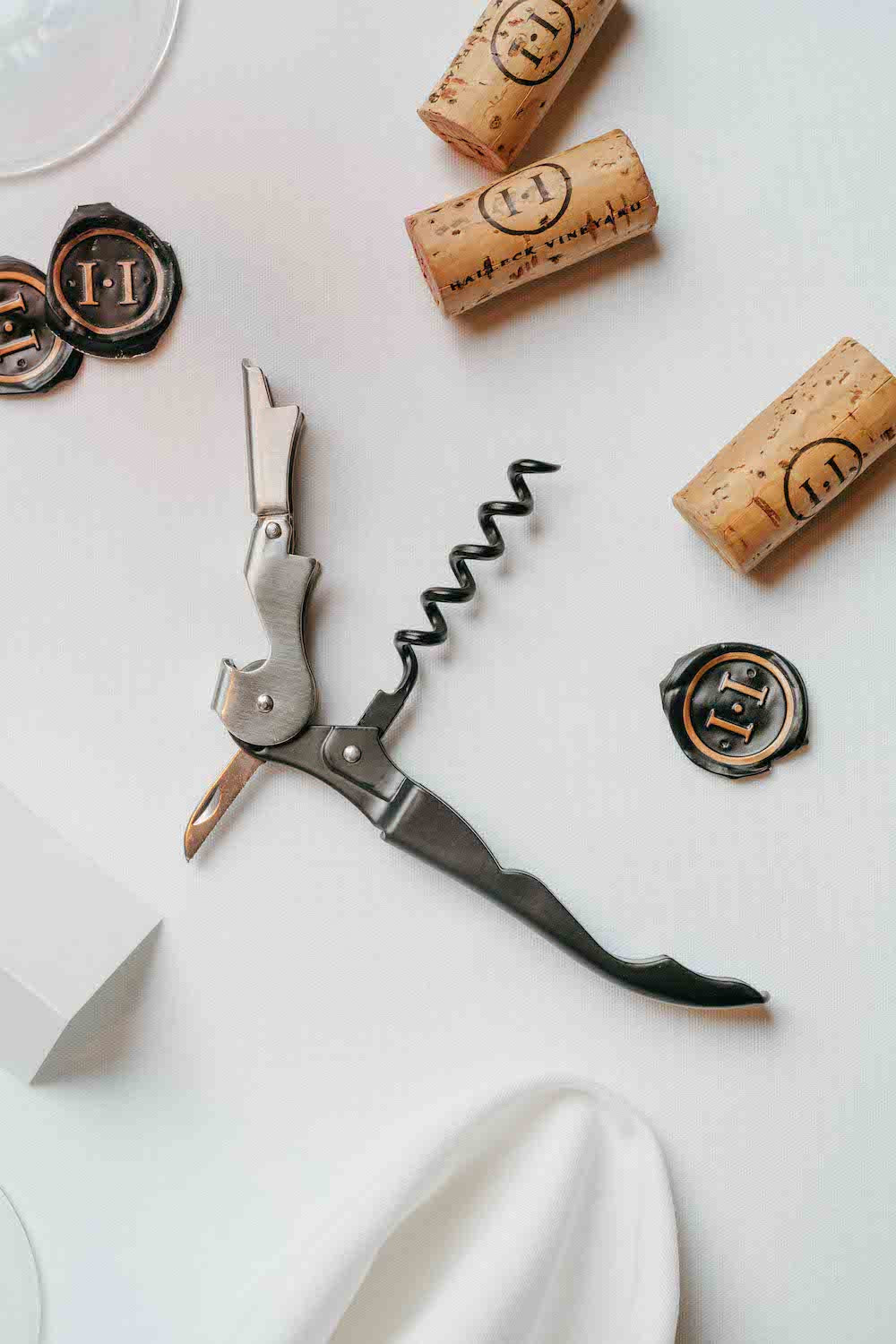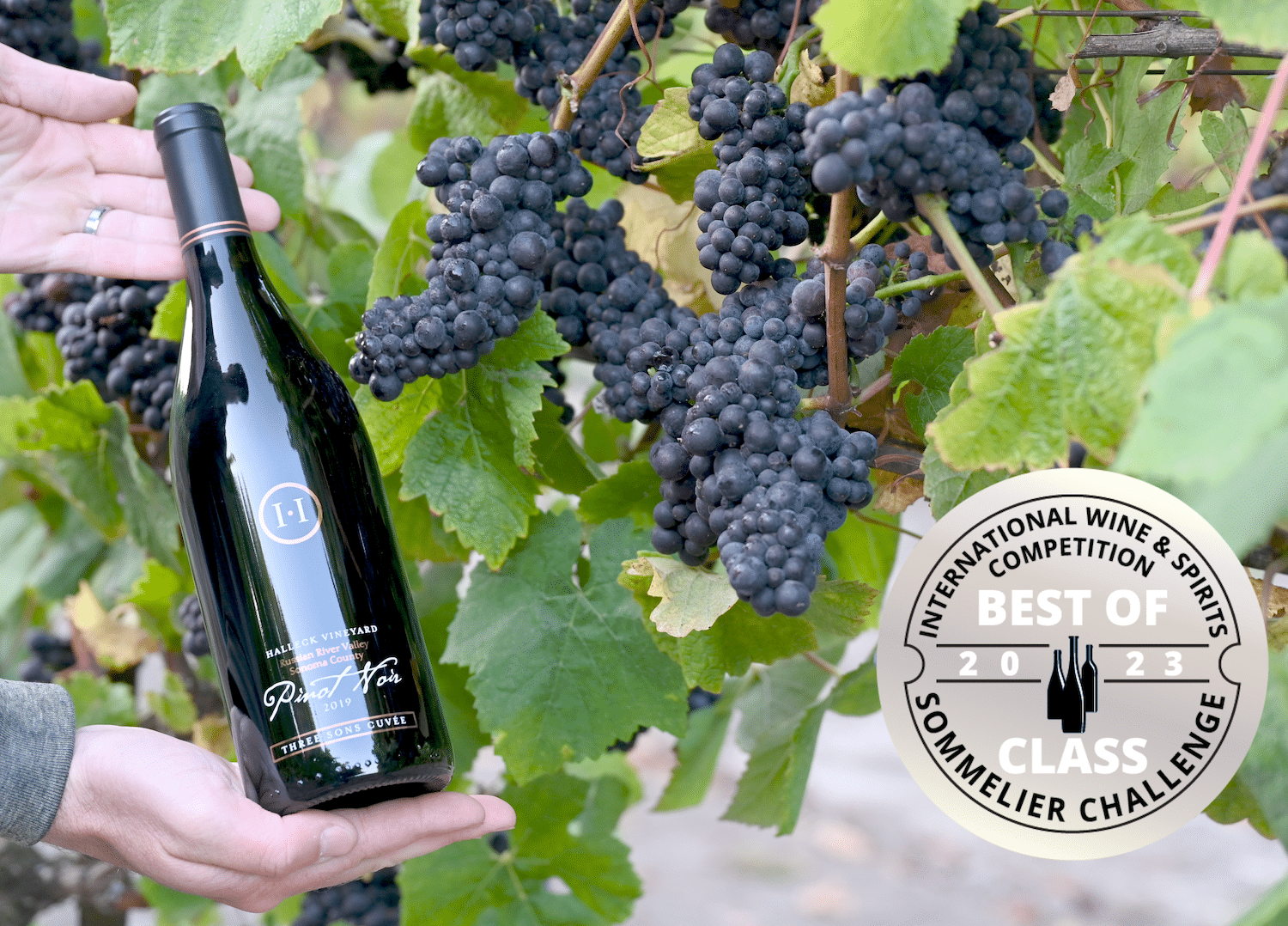Eco-Friendly Wineries In Sonoma County - Craft Wineries In Sonoma
Eco-Friendly Wineries In Sonoma County - Craft Wineries In Sonoma
Blog Article
Wineries With River Views - Wineries With Stunning Views In Sonoma
Wine tasting is often thought to be an art type, one that goes past merely enjoying a beverage. It embraces a posh interplay of flavors, aromas, and textures that requires dedicated practice to really grasp. Many who venture into the world of wine tasting rapidly realize that it entails much more than simply sipping wine. Improving sensory skills via devoted winery wine tasting can elevate the experience, reworking an informal drinking occasion into a complicated exploration of the senses.
At a basic degree, wine tasting engages the senses of sight, smell, taste, contact, and even sound. Each element plays an important role in appreciating the nuances of a wine. When one first pours a glass of wine, the rich hues can present preliminary insights into its age and varietal. Observing the color and readability helps kind expectations about the wine's flavor profile. Many don’t absolutely recognize how this visual assessment can set the stage for what's to follow.
The next step is to interact the sense of odor. Swirling the glass aerates the wine, permitting its unstable compounds to flee and fill the air with its bouquet. The nostril entails some fascinating layers—different aromas can signal various aspects of the winemaking process, including the sort of grapes used, fermentation methods, and aging conditions. Growing a keen sense of odor can be a game-changer in wine tasting.
Scenic Vineyard Tours In Sebastopol - Vineyards Near Sebastopol
To improve this sensory skill, wine enthusiasts are often inspired to take part in dedicated tastings at wineries. These tastings enable individuals to focus solely on the sensory experience (Wineries With Educational Tours In Sonoma). Tasting classes led by knowledgeable sommeliers or winemakers can provide insights into identifying distinct aromas. Studying to differentiate between floral, fruity, earthy, and spicy notes can empower a taster to articulate their experience with larger precision.
As one practices their sensory abilities, they might discover that their style preferences evolve. This transformation often occurs after multiple tastings. A wine that initially appeared overwhelming might reveal hidden layers of complexity with a little bit of experience. Understanding tips on how to isolate individual flavors corresponding to acidity, sweetness, bitterness, and umami contributes substantially to the general wine experience.
One Other essential factor in improving sensory skills is the context by which wine is tasted. Environmental components like temperature, lighting, and even the company present can affect perceptions. At a winery, an optimal setting can scale back distractions and enable a extra profound exploration of the wine (Wineries With Beautiful Architecture). Training conscious tasting techniques encourages a more immersive experience, permitting tasters to hone in on their senses.
It is not solely about individual notion, though. Partaking with others throughout a tasting can also improve sensory skills. Sharing notes and discussing impressions fosters a deeper understanding of the wine. This collaborative method encourages individuals to articulate their sensory experiences, thereby broadening their linguistic repertoire associated to wine tasting.
Wineries Known For Their Hospitality - Discovering The Vineyards Of Sonoma County
Additionally, pairing wine with food can considerably improve the tasting experience. Totally Different combinations can deliver out unique flavors in both the wine and the dish. As one tastes a wine alongside explicit foods, they can begin to recognize how certain components in the wine complement or distinction with what they are eating. This skill of pairing is one other layer that enriches sensory improvement.
Training one’s palate can involve a selection of workouts. Some enthusiasts engage in look here systematic tasting experiences, sampling a spread of wines that showcase totally different varietals, regions, or vintages. Exploring this variety can sharpen the ability to discern nuances throughout different wine profiles. Over time, this practice builds a psychological library of flavors that may be accessed throughout future tastings.
Notably, written notes serve a dual objective: organizing one’s thoughts and reinforcing reminiscence. By writing down observations about every wine, tasters can monitor their progress over time. Detailing the characteristics of wines assists in solidifying information, ultimately deepening one’s appreciation of what they eat.
Moreover, attending workshops or classes targeted on sensory evaluation may additionally be beneficial. Many wineries provide these educational applications to help individuals refine their skills. Usually, educated instructors guide members through structured tastings, specializing in specific parts of the wine. This stage of education reinforces the sensory skills asynchronously and challenges tasters to consider their experiences from different angles.
Interactive Wine Tasting Experiences In Sonoma - Sebastopol's Best Wine Trails

Over time, the dedication to bettering sensory skills by way of devoted winery wine tasting can yield important rewards. The enjoyment derived from wine turns into layered and multifaceted. No longer restricted to a easy choice for "purple" or "white," tasters begin to appreciate the stories behind each pour. They cultivate a palette capable of navigating the advanced panorama of flavors with confidence.
In conclusion, the journey of enhancing sensory skills by way of devoted winery wine tasting is as rewarding as it's pleasant. It requires focus, commitment, and a willingness to learn, however the outcomes far exceed the preliminary effort. By participating a quantity of senses and collaborating in thoughtful discussions, individuals not only become more proficient at figuring out flavors but in addition develop a deeper appreciation for the craftsmanship behind each bottle. The process transforms wine from a mere beverage right into a wealthy tapestry of sensory exploration that beckons enthusiasts to delve deeper. As skills enhance, so too does the enjoyment, enriching life experiences one sip at a time.
Wineries Renowned For Cabernet Sauvignon In Sonoma - Sebastopol Wine Tours And Vineyards
- Participating the palate through diverse wine varieties enhances the flexibility to differentiate flavors and aromas, refining general sensory notion.
- Taking Part in guided tastings promotes centered consideration on subtle characteristics of each wine, nurturing crucial tasting skills.
- Learning to determine particular grape varieties fosters a deeper understanding of terroir, which aids in recognizing regional flavor profiles.
- Incorporating food pairings throughout tastings can heighten sensory consciousness, as completely different tastes can influence each other and alter perceptions.
- Practicing the art of swirling and nosing wines allows individuals to connect olfactory cues with taste, improving the power to articulate sensory experiences.
- Attending workshops that emphasize blind tastings trains individuals to rely purely on their senses quite than preconceived notions, enhancing objectivity.
- Elevating sensory skills can lead to better wine selection talents, empowering individuals to make informed decisions based mostly on personal preferences.
- Engaging with knowledgeable sommeliers offers insights into wine-making processes, which deepens sensory appreciation and enhances vocabulary for describing wines.
- Regular participation in tastings encourages reminiscence growth of flavors and aromas, aiding within the formation of a personalised sensory profile over time.
- Sharing tasting experiences with friends fosters dialogue, selling communal learning that can improve particular person sensory skills by way of collaboration.undefinedWhat is the aim of enhancing sensory skills via wine tasting?

Improving sensory skills by way of wine tasting allows people to reinforce their ability to establish and respect the various aromas, flavors, and textures of wine. This heightened sensory consciousness can lead to a deeper understanding of wine and an total enriched tasting experience.
Wineries Near Santa Rosa - A Winery In The Sonoma Valley To Discover
How can I develop my sensory skills at a winery?
You can develop your sensory skills at a winery by collaborating in guided tasting periods that focus on specific varietals. Interact with knowledgeable staff who can provide insights and encourage you to take notes in your impressions, enhancing each your observational and descriptive skills.
What ought to I anticipate during a dedicated wine tasting experience?
Wineries Pairing Wine With Chocolate - Sebastopol Vineyard Experiences
During a dedicated wine tasting experience, anticipate to pattern a choice of wines whereas receiving focused schooling about each. You May be taught in regards to the winemaking course of, tasting techniques, and tips on how to discern completely different sensory traits, all in a relaxed setting.
Is prior information of wine essential to benefit from a sensory skills workshop?
- Scenic Vineyard Tours In Sebastopol
No prior information of wine additional hints is critical; the workshops are designed for all levels of experience. Newbies will find useful data to build from, whereas seasoned tasters can refine their skills and increase their palate even additional.
How do sensory skills impact my general wine appreciation?
Wineries Ideal For Large Groups - Exploring Sonoma's Wine Landscape
Enhancing sensory skills considerably enhances your total wine appreciation by allowing you to identify subtleties and complexities in wines. This deeper understanding enriches your tasting experience and helps you make knowledgeable selections primarily based on personal preferences.
Are there specific techniques I ought to use while tasting wine to improve my sensory skills?
Off The Beaten Path Wineries In Sonoma - Sonoma County's Best Wine Experiences
Yes, employing techniques such because the "SWOT" methodology (Sight, Swirl, Scent, Sip, Savor) may be useful. Pay attention to the wine's appearance, aromatics, and mouthfeel, and take your time with each sip to fully discover the flavors and sensations.
What type of wines are sometimes included in sensory skills tastings?
Typically, sensory skills tastings embody quite a lot of wines that showcase totally different regions, varietals, and styles. This range helps individuals determine distinct characteristics and enhances their ability to distinguish between wines.
Can sensory skills workshops be personalized to my tasting interests?
Wineries Known For Their Hospitality - Finding Good Wineries For Wine Tasting
Many wineries supply personalized choices for sensory skills workshops, allowing you to give consideration to specific types of wines or themes that interest you, such as organic wines or distinctive regional choices. It Is greatest to inquire immediately with the winery for tailored experiences.
Is there a way to practice sensory skills after leaving the winery?
Yes, you can practice your sensory skills at home by tasting completely different wines and preserving a tasting journal. Experimenting with numerous food pairings and aromatics can further enhance your understanding of how flavors work together, reinforcing the abilities gained on the winery. Report this page